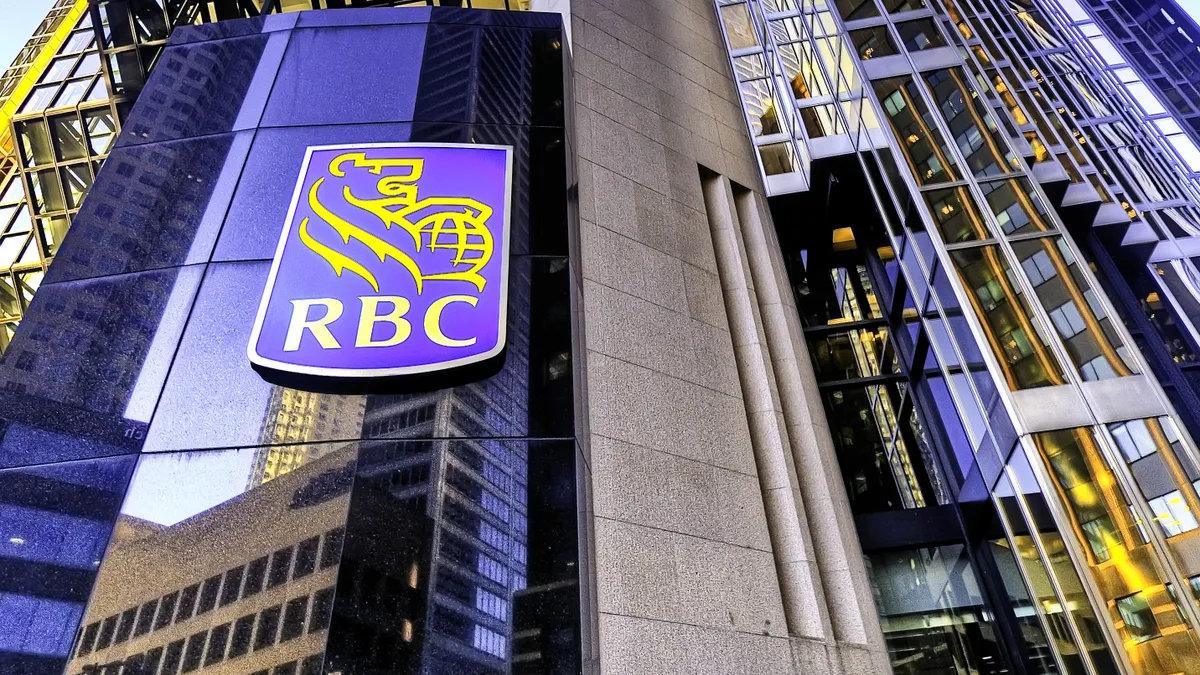Royal Bank of Canada is hiring a head of climate transition as the bank faces criticism over its position as the world’s top financier to fossil-fuel companies, according to a report released in April by the Rainforest Action Network.
The executive who fills the role will be expected to “orchestrate, unify and advance” a federated set of climate-related activities, according to a posting on the bank’s job portal.
That means developing a climate strategy based on the bank’s ongoing transition to net-zero emissions, implementing responses to climate activism, raising the bank’s profile and reputation on green matters, and navigating relationships with industry groups, decision-makers and communities, the bank indicated.
The job opening is set to close Aug. 6. A compensation range is not listed in the posting.
The move marks a shift in the bank’s strategy, Keith Stewart, senior energy strategist at Greenpeace Canada, told Reuters. Stewart added, though, that the lender needs to stop funding new oil, gas and coal projects if it wants activists “to stop pointing out their bad behavior.”
RBC, Canada’s biggest bank by asset total, supplanted JPMorgan Chase in 2022 as the world’s top funder of fossil-fuel companies, according to RAN. The activist group measured lending and underwriting of debt and equity in its calculations.
The bank’s fossil-fuel funding leaped 4.2% last year to $42.1 billion, catapulting the lender from fourth place on RAN’s list in 2021 to the top spot in 2022.
“RBC is moving in completely the wrong direction, dragging our climate ambitions backward and positioning Canadian banks as fossil fuels’ lenders of last resort,” Richard Brooks, climate finance director at Stand.earth, told the Financial Times in April.
RBC’s jump on the list comes as other banks are cutting back on their ties with fossil fuels. JPMorgan, which had held the top spot in RAN’s rankings each year since 2016, decreased its fossil-fuel funding by 41.7% to $39.2 billion in 2022. Other large U.S. banks made similar strides: Citi cut its fossil-fuel financing by 27.7% year-over-year, by RAN’s measure. Wells Fargo, likewise, saw a 21.8% decrease.
U.S. banks, however, occupy the next five spots on RAN’s list after RBC.
Climate activists and some Indigenous communities also criticized the bank’s funding of TC Energy Corp.’s Coastal Gaslink pipeline that is being constructed on the west coast of British Columbia, according to Reuters.
Environmental groups have demanded Canada’s Competition Bureau reject RBC’s proposed $10 billion acquisition of HSBC’s Canada operation — claiming the deal would increase climate risks while restricting sustainable choices for customers.
“At RBC, we believe the biggest impact we can make in addressing the climate change challenge is by helping our clients reduce their emissions and achieve their climate goals,” the lender said in a statement.













